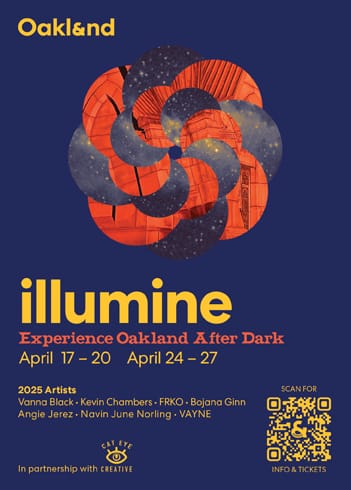By Susan Whatley
Most people know that you can get vitamin D from sunlight. But did you know you need at least 10 minutes a day of sunlight WITHOUT wearing sunscreen? When UVB rays land on the skin, they enable it to produce vitamin D. Sunscreen blocks out nearly all UV radiation so when we wear sunscreen, our skin does not produce hardly any vitamin D.
Adequate levels of vitamin D may protect people from osteoporosis, heart disease, depression, insomnia, an overactive immune system, and cancers of the breast, prostate, and colon. Individuals with light skin tones should get about 10 minutes of midday sun in shorts and a tank top, with no sunscreen. Individuals with darker skin tones and the elderly produce less vitamin D, so they actually need more sunlight and/or nutrients from dietary sources.
Some foods that are high in vitamin D include cod liver oil, oily fish (like swordfish, salmon and trout), portobello mushrooms, fortified orange juice, fortified milk, and yogurt. Other foods with smaller amounts of vitamin D include fortified whole grain cereals, firm tofu, caviar, butter, pork, and eggs.
Normal vitamin D levels should be between 30-100 nanograms per milliliter (ng/mL). Current recommendations are as follows:
- If vitamin D levels are below 10 ng/mL, patients need to be treated with 50,000 units of vitamin D2 or D3 once a week for six to eight weeks and then 800 units of vitamin D3 daily thereafter.
- For vitamin D levels between 10-20 ng/mL, patients need 800-1,000 units daily of vitamin D3.
- For vitamin D level between 20-30 ng/mL patients need 600-800 units of daily vitamin D3.
Vitamin D levels should be checked three months after starting therapy to assure obtaining the optimum serum vitamin D level. You cannot get too much vitamin D from the sun; however you can get too much from supplementation.
Symptoms of acute intoxication include confusion, frequent urination of dilute urine, extreme thirst, anorexia, vomiting, and muscle weakness. If you take vitamin D supplements, please make sure you are being monitored by a practitioner.
Susan Whatley is an Advanced Registered Nurse Practitioner. She operates Urban Health and Wellness, a free clinic located in Grant Park.





Comments are closed.